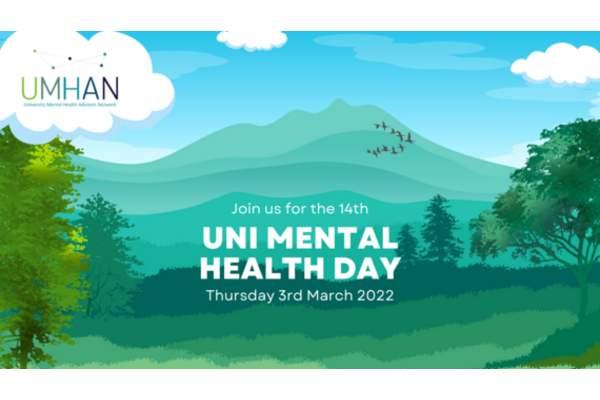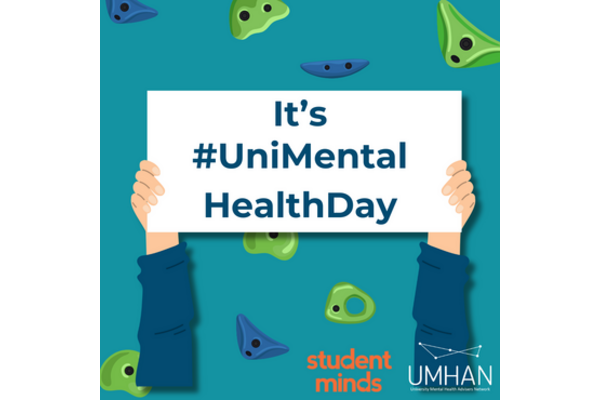It’s the 14th University Mental Health Day and our annual opportunity to reflect on the successes and challenges of the year. It’s also a great time to highlight the amazing work of our members and other colleagues in Student Services.
It seems that most universities adapted to delivering mental health support more flexibly during the pandemic, with benefits for both students and staff. The same is true for teaching and learning, with technology providing opportunities for creativity and rethinking what is important.
For students who struggle with attendance or “engagement” due to their mental health (either due to symptoms or side effects of medication) being able to access teaching and support online has been largely positive. For many disabled students, including those with long term mental health conditions, this has included adjustments which they have previously been told were not possible - the sector should reflect on this and ensure that returning to “normal” does not mean we take a step backwards.
Looking at the events and support promoted for Uni Mental Health Day, it seems that on the whole universities are now pretty good at promoting wellbeing activities and ways students can help themselves, or how to access support when needed. In fact, many members are reporting high numbers of student registrations with their services.
Staff mental health and wellbeing should be as much as a focus as student mental health and wellbeing. Highly skilled and experienced staff are leaving their posts. We are hearing of recruitment issues into these posts and are concerned about reports of skills and experience being downgraded on job descriptions as a result.
Many services are still understaffed, with practitioners reporting high caseloads of complexity and risk. This is partly due to the fact that NHS services are themselves overwhelmed, with thresholds for support getting increasingly higher. We do not think that universities should have to step into the gaps left by the NHS, but they do have a duty to ensure that practitioners are able to practice safely and that risk is managed in ways which reduces risk to life as much as possible.
Many of our members do not feel that they have appropriate systems and processes in place to help best manage risk and prevent student suicides, and that information sharing practices are at times inconsistent and not aligned with best practice. We’ll be launching an in-depth report on this specific issue with colleagues from BACP-UC at the end of the month - please sign up to our newsletter to find out more.
There is still scant research on what works for students with mental health conditions, partly due to issues with consistent and reliable data collection. Benchmarking across the sector is impossible. We welcome the announcement of an Office for Students project into "what works" however, this will be challenging given what we know about the available data. We urge universities to review their case management and data collection systems to ensure that they are fit for purpose.
With many universities signed up for the University Mental Health Charter we know that the issue of appropriate clinical governance has been under discussion. We are also working on guidance for mental health service governance with a group of members from varied professional backgrounds, including counselling, social work and nursing, to be released in the summer term.
Sam Gamblin
Charity Manager









